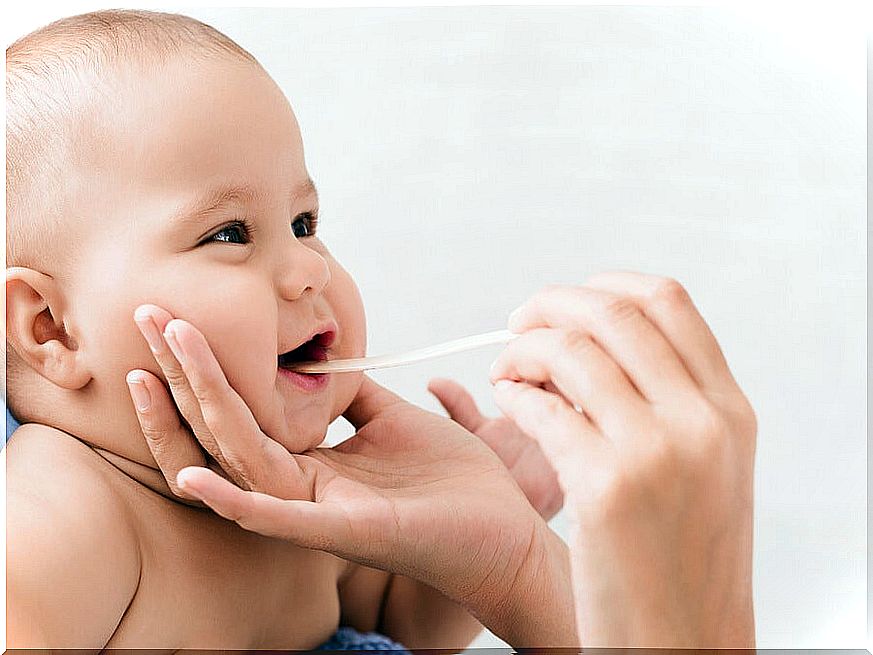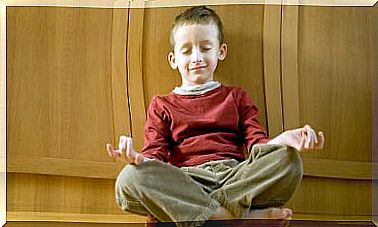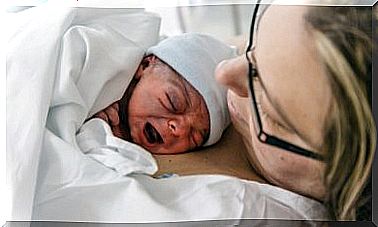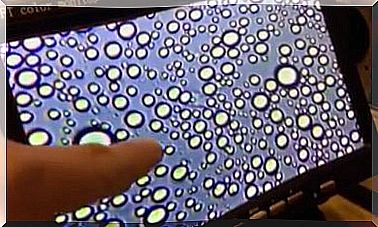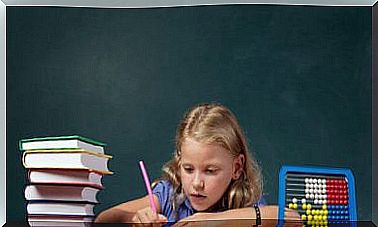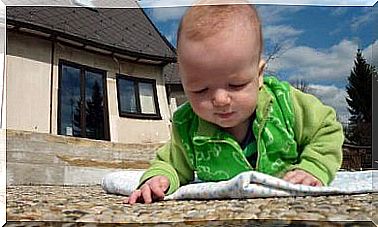How To Act If My Child Has Broken A Tooth After A Blow?
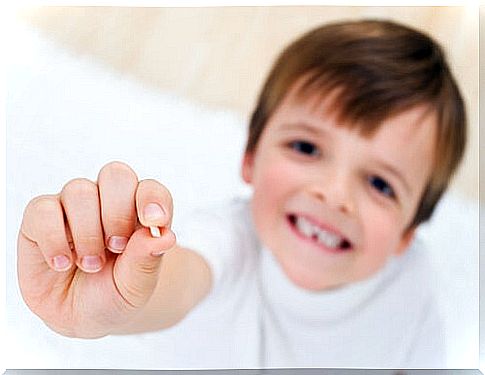
Although no parent wants it, it is common for dentists to receive visits from parents distressed because their child has broken a tooth after hitting himself playing or learning to walk.
This scene, in addition to recurring, is often unavoidable, since the nature of early childhood is to discover the world. It is common for a young child to venture to explore his surroundings without much caution or fear of what may happen to him, which can often end with a blow or damage to the teeth.
Therefore, it is good that you know how to act in the event of an accident. First of all and most important, if one day your child approaches you with a tooth in his hand and a mouth full of blood, try to remain calm so as not to scare him even more.
Call your trusted dentist
You should know that the mouth has an abundant supply of blood, which is why often getting a blow to the mouth looks worse than it really is. Regarding this, we can highlight the good news that thanks to that large amount of blood, a tooth heals quickly when it comes to any accident.
If this happens, keep in mind that the first person you should consult immediately after your child hits the tooth is your dentist, who will give you the proper guidance. Check that there are no other injuries and call the dentist to request the relevant advice. He will make sure there is no damage that may not be visible to the non-expert.
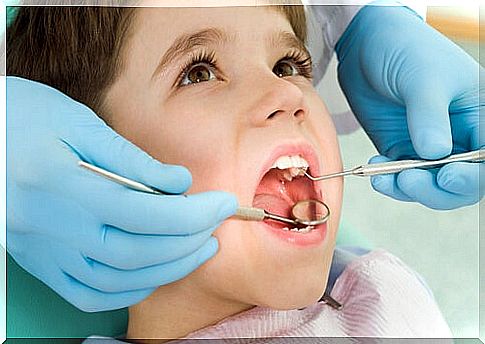
If the blow affects a baby tooth …
If it is a baby tooth, the dentist will most likely decide that it is best to wait for the new tooth to grow and not re-insert it. Doing so is something that could possibly affect the subsequent growth of the permanent teeth.
If the child has been hit but does not feel pain and there is no bleeding or injury to the gums, there is probably nothing to worry about, you just have to wait for it to fall out and the new tooth grows.
But if you notice that a tooth has become loose, take it to the dentist as the nerve may have been damaged. If during the visit the dentist determines that the tooth is unstable, he may decide to extract it so that it does not become a risk for the child, who, for example, could inadvertently swallow it asleep.
If the gums start to bleed, apply pressure with a gauze pad soaked in clean water until the bleeding stops. If your child is crying a lot, try to distract him with a simple game to ease the pain a bit and get it out of the child’s mind.
Keep in mind that children’s teeth are more easily damaged than those of adults. This occurs because the crown is much longer than the root, which makes them more unstable than those of an adult.
Beware of the loss of a permanent tooth
In the case of older children who have lost a permanent tooth, the way to act is different. Here it is more important to take direct and immediate action.
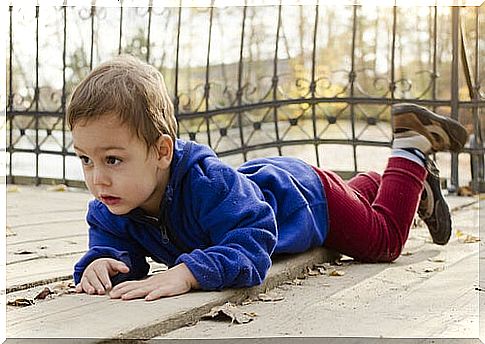
You must find the tooth and take it from the top, that is, by the crown, never by the root. Then, without washing the tooth, place it in milk to keep it moist.
The American Dental Association suggests to parents that they should try to put the permanent tooth back in place, without touching the root . If you can do that, have your child chew on gauze while you make arrangements to go to the dentist . If you can’t, take the child along with the milk-soaked tooth immediately to the dentist.
To minimize the possibility of your child damaging his teeth, it is advisable to prepare the house to make it safer. Covering sharp corners can help decrease the chance of an emergency dental visit. Additionally, you can also place rubber mats or rugs on hard floors as an added precaution.
